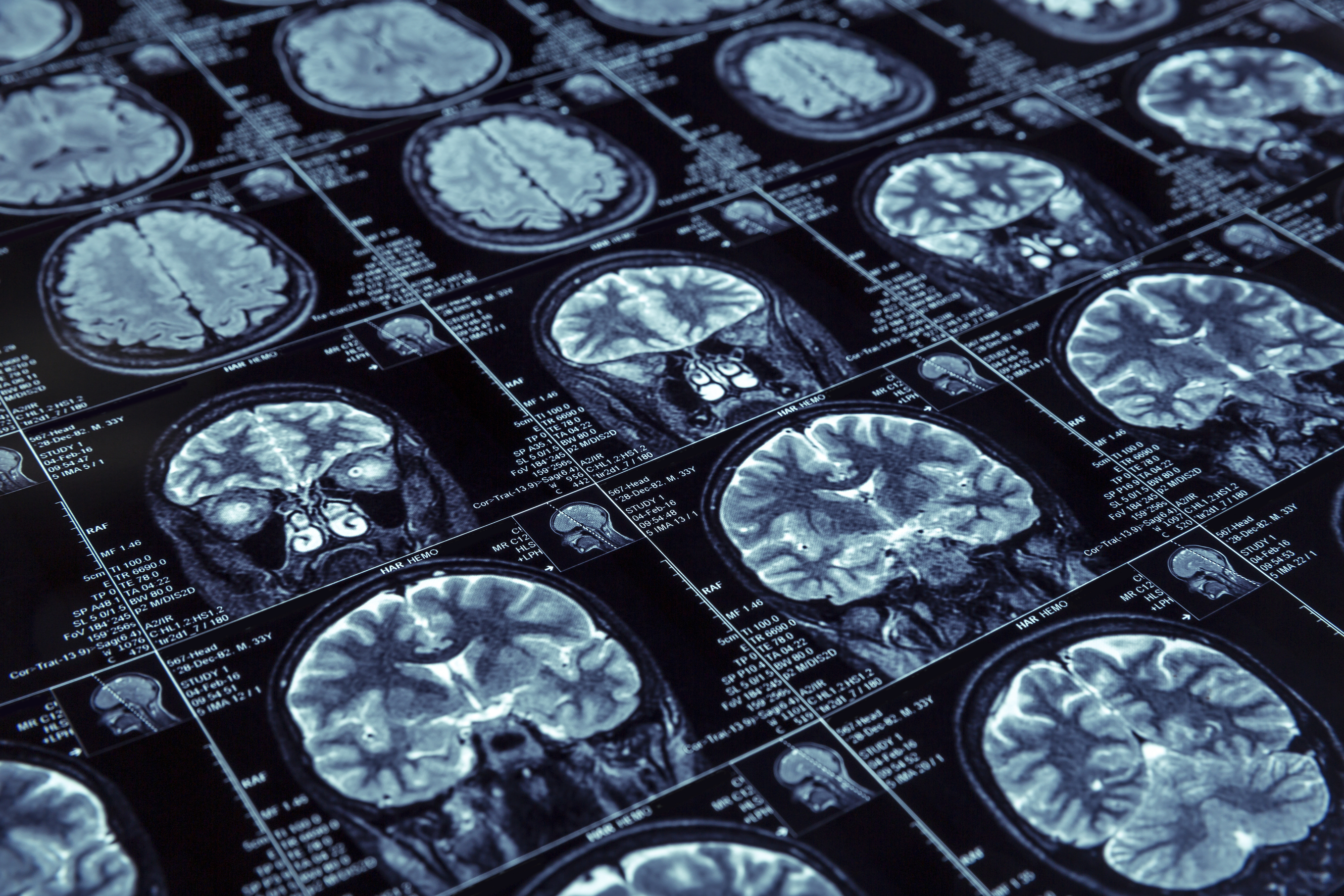Biogen, Eisai say lecanemab has aced phase 3 Alzheimer's study

Biogen and Eisai have resurrected hopes that amyloid-targeting drugs could have a benefit in Alzheimer's disease with a claim that their new drug lecanemab showed a "highly statistically significant" reduction in clinical decline in a phase 3 trial.
The highly-anticipated readout from the Clarity AD has shown that lecanemab met primary and secondary endpoints in patients with early-stage Alzheimer's, said the two companies in a joint statement – although for now only the top-line results are being disclosed.
Cautious industry observers will likely reserve judgment until the full data is presented, but Biogen and Eisai's upbeat assessment of the study has already been hailed by the Alzheimer's Association in the US, which said they are "the most encouraging results in clinical trials treating the underlying causes of Alzheimer's to date."
Lecanemab (formerly BAN2401) will now be filed for approval in the US, Europe, and Japan in the first quarter of next year via the regular review pathway.
Biogen and Eisai used the accelerated pathway to claim a controversial approval of their first amyloid-targeting drug Aduhelm (aducanumab), which has been a spectacular failure commercially. Lecanemab has also been filed via this route with the FDA, with a decision due by 6 January.
Clarity AD's primary endpoint is the Clinical Dementia Rating-Sum of Boxes (CDR-SB) scale and, on this measure, lecanemab achieved a 27% reduction in clinical decline compared to placebo at 18 months, with the curves diverging as early as six months after starting treatment.
Key secondary endpoints – the change from baseline at 18 months in amyloid levels, the ADAS-cog14, ADCOMS, and ADCS MCI-ADL scales – also all showed a significant improvement compared to placebo.
That is a departure from Aduhelm, which failed, as it was only found to have a significant impact on cognitive decline after the dataset from two trials was combined and the endpoints tweaked.
Aside from dubious efficacy data, Aduhelm has also been held back by the risk of side effects – known as amyloid-related imaging abnormalities (ARIA) – that were also more common with lecanemab than placebo in Clarity AD, seen in 21.3% and 9.3% of patients, respectively.
Overall, the ARIA incidence was "within expectations" and should be manageable, said the two companies.
The big test of the data will come when it is subjected to scrutiny at the Clinical Trials in Alzheimer’s Disease (CTAD) meeting in November, and the Alzheimer's Association said that "if those data are consistent with what we saw today regarding efficacy and safety, we strongly support FDA approval and full coverage."
The patient organisation went on to say that "for people in the earliest stages of Alzheimer’s, this treatment has the potential to change the course of the disease in a clinically meaningful way. These results indicate lecanemab may give people more time at or near their full abilities to participate in daily life, remain independent, and make future health care decisions."
If lecanemab is eventually approved, it could be after the departure of Biogen chief executive Michel Vounatsos, who is leaving the company in the wake of the turmoil that accompanied Aduhelm's controversial approval.
Long-serving former R&D chef Al Sandrock also departed the company at the end of last year, before taking up the CEO role at Voyager Therapeutics.
Analysts at Jefferies had previously suggested that Biogen could be heading for a takeover if Clarity AD had failed to show efficacy. Shares in both Biogen and Eisai surged after the top-line result was announced.












